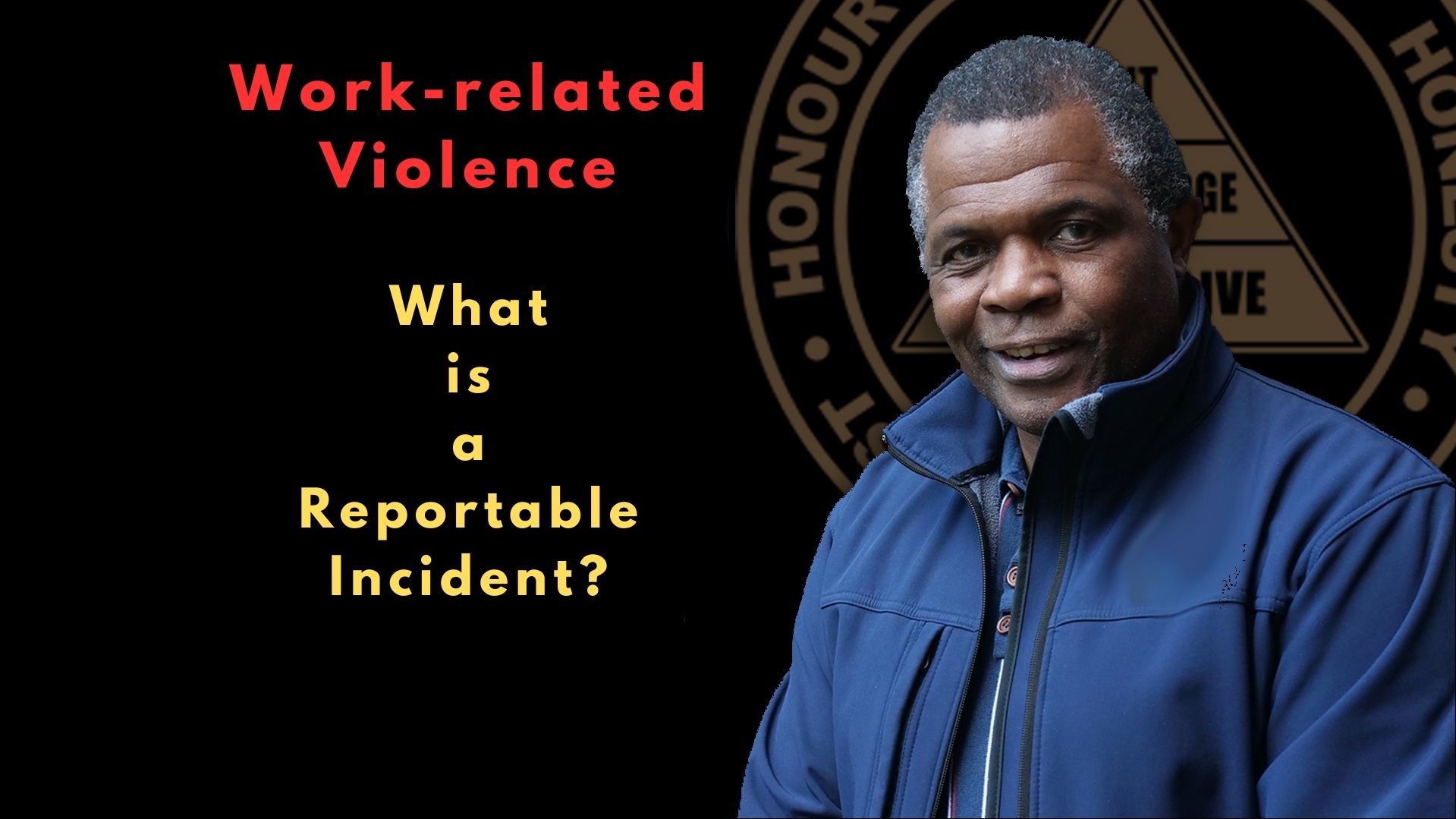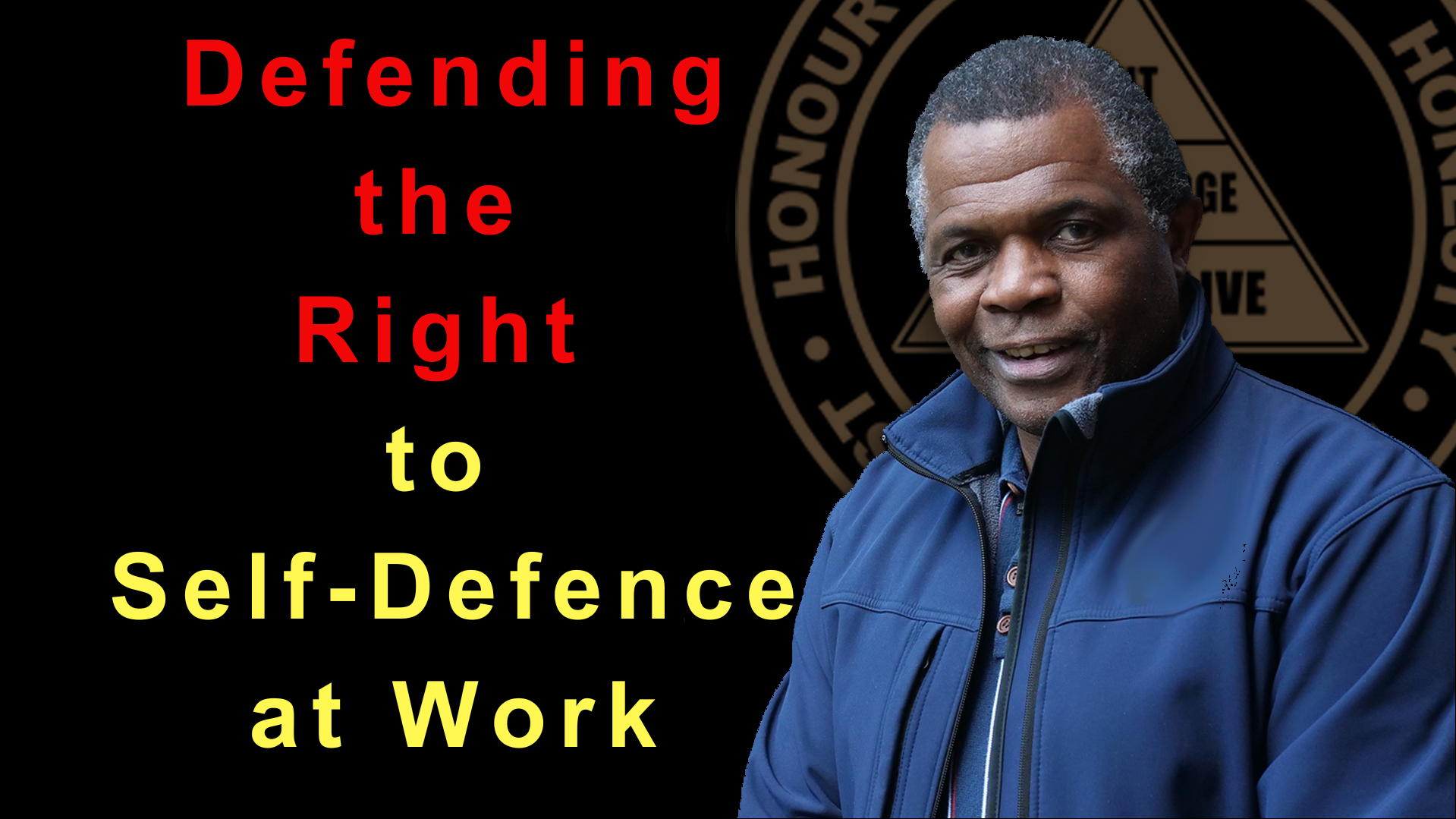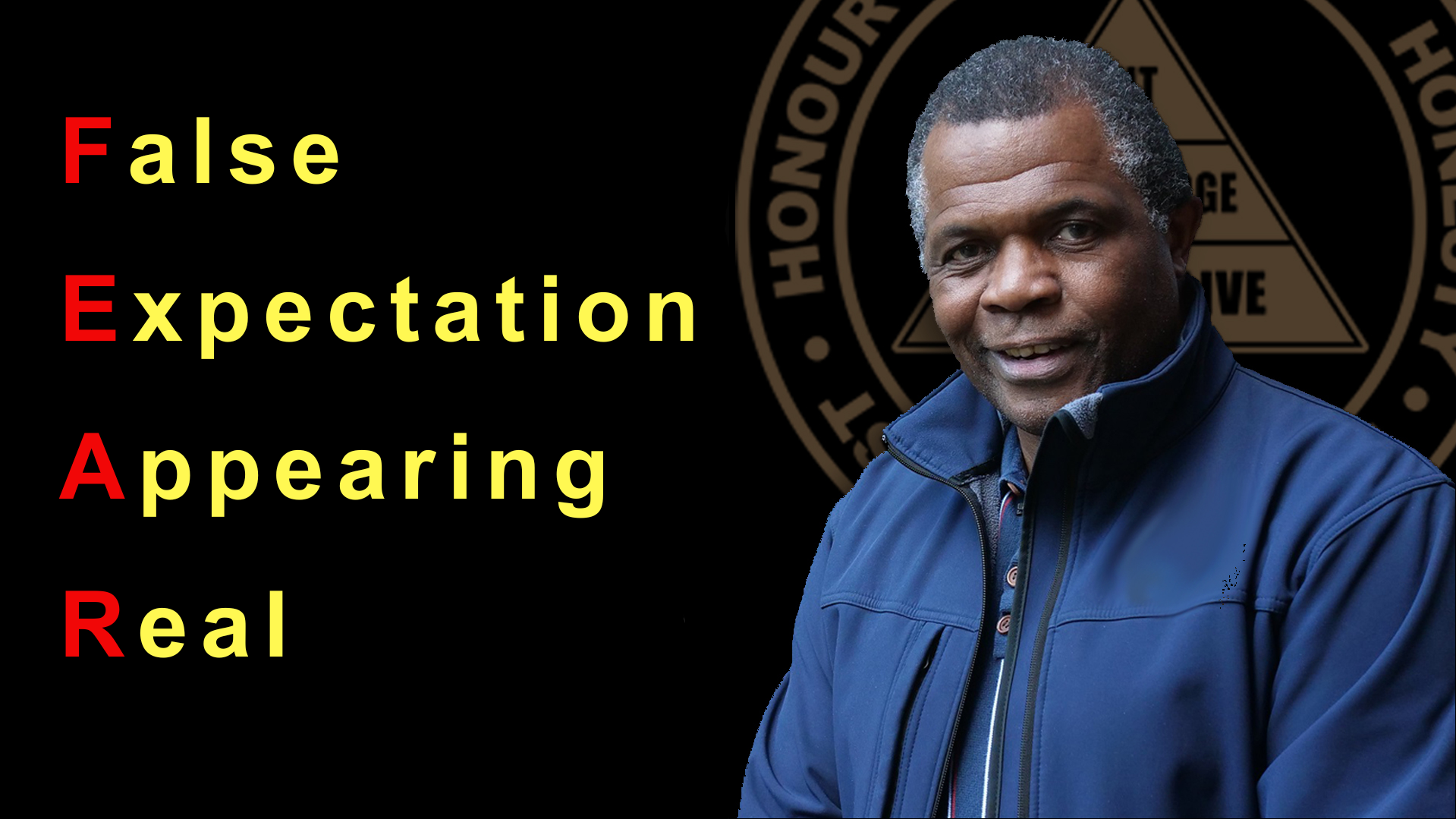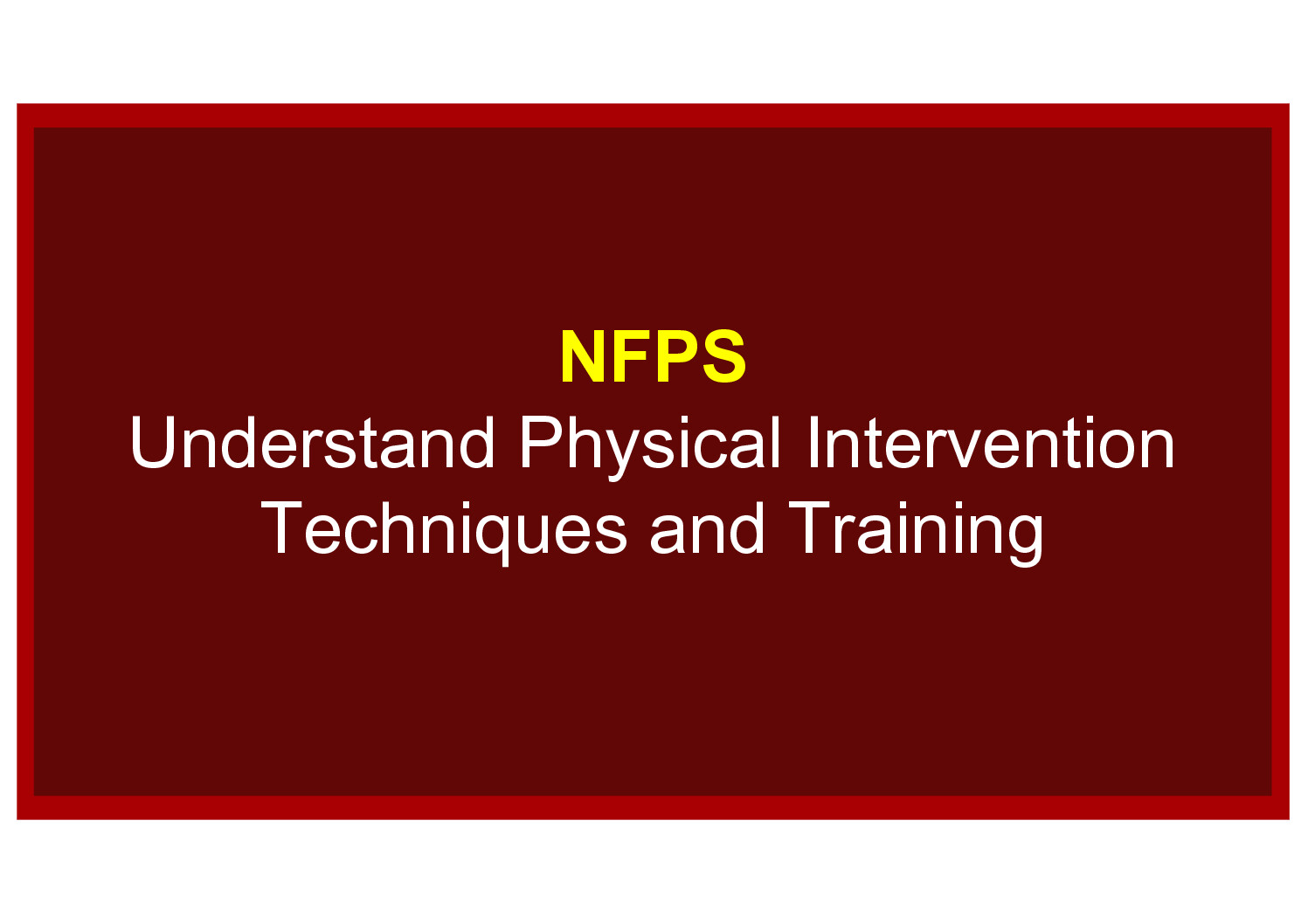Is Big Brother Really Watching You?
According to reports there are between 124 and 205 assaults every working day on lone workers. That equates to approximately between 45,000 and 74,000 attacks on lone workers each year. Situation…you’re working away on your own, and your concerned for your safety but you don’t feel you can just get up and leave. My question is not who you are … Read more










